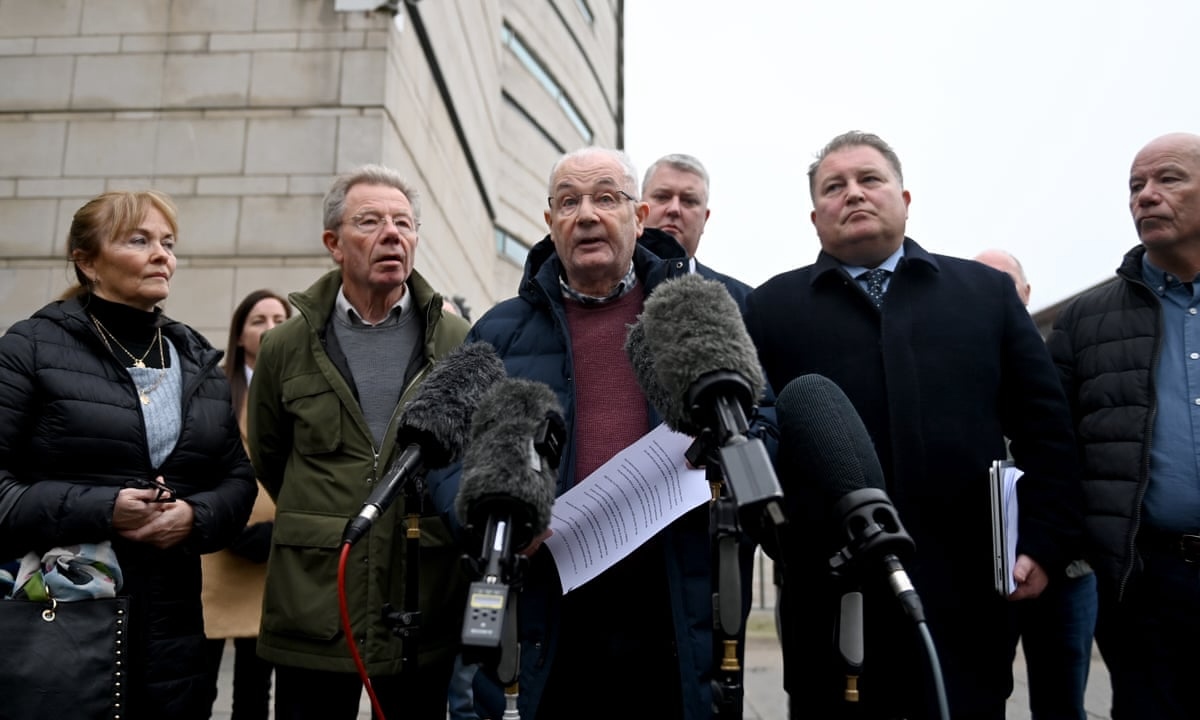
A former British soldier accused of two murders as part of the 1972 Bloody Sunday massacre has been ordered to stand trial after an attempt to get the case thrown out was refused.
A judge ruled there is sufficient evidence for ‘Soldier F’ to stand trial for the murders of two men and attempted murder of five others during the massacre, when 14 civil rights demonstrators were fatally shot by British soldiers.
The former paratrooper is accused of murdering James Wray and William McKinney when members of the Parachute Regiment opened fire on an anti-internment protest on January 30 1972. He remains theoretically ‘anonymous’ by court order. He has pleaded not guilty.
In June, Soldier F’s lawyers applied for the case to be dismissed ahead of a trial, arguing there was insufficient evidence against him, despite being laid out in detail in the 2010 report of the public inquiry under Lord Saville.
He is alleged to have been part of a group of paratroopers entering a courtyard in the Bogside area of Derry before shooting at unarmed civilians and running away.
This was the first time Soldier F was at court in person since the prosecution against him was taken. The former paratrooper sat in the witness box behind a curtain, just feet away from the relatives of his alleged victims.
Delivering his ruling on the defence’s bid, Justice Fowler said on Friday they had failed to convince the court. The judge said he saw no reason why the trial could not take place “early next year”, with a date set to be fixed at a review hearing on 24 January.
He agreed to extend his right to remain hidden after his defence team claimed he could be targeted by republicans.
Relatives of Bloody Sunday victims watched proceedings from the public gallery of the court, while Mr McKinney’s brother Michael spoke outside afterwards (pictured, centre).
“We are very pleased that Soldier F’s application was refused and he will now proceed rightly for trial,” he said.
“We are disappointed, however, the judge has granted his application for anonymity.”
Tony Doherty, who sat less than 40 feet away from the man who Lord Saville said killed his father “without fear or panic” 52 years ago, welcomed the possibility of a January trial date.
“Long is the road to justice,” he said.
![[Irish Republican News]](https://republican-news.org/graphics/title_gifs/rn.gif)
![[Irish Republican News]](https://republican-news.org/graphics/title_gifs/harp.gif)

